Dealing with Vicarious Trauma
Prepared by Diane Porter
Most people are familiar with the term “Post Traumatic Stress Disorder” otherwise known as PTSD. PTSD may, but not necessarily, occur when a person has been exposed to a terrifying event or experience, and at the same time either their life has been threatened or they have been harmed physically.
Those people most at risk of developing PTSD are those who have experienced at first hand:
- natural disasters
- violence, war
- abuse
- been involved in an accident
The risk factors however are not limited to these.
Most of us won’t have this type of exposure and will not be at risk of developing PTSD. However, we are all exposed to traumatic events in some way. Living in a world that each year is growing smaller through advances in technology and the media, we can hardly avoid being exposed to them.
How do traumatic events impact us even though we may not be exposed to an event first hand?
Almost daily we hear of some disaster, terrorism, threat, or act of violence occurring somewhere in the world, not to mention abuse, graphic depictions of people living in poverty, and social and political Wherever we are, we have access to breaking news, moment by moment 24 hours a day, 7 days a week!
How do you respond when you watch TV and see for the umpteenth time some gruesome and horrific situation occurring somewhere in the world?
Do you ask yourself…
Why did this happen?
What is the meaning of this event for those people?
What is the meaning for my life, my family?
Or does your mind turn to the spiritual…
Where is God in the midst of this tragedy?
Sadly, the TV can’t hear our questions. It can’t see our frustration or hear our angry responses to the injustices it shows us. It doesn’t know about our pain when we see innocent people hurt. It is mute to us. Our response and what we do with it is our own.
We sit in isolation and we are left to feel, to fear, to grieve, to answer the questions…alone.
Trauma can be experienced vicariously.
Vicarious trauma is an anxiety or fear response that happens when we are exposed to traumatic events, without necessarily having experienced them first hand.
As human beings we empathise with what we see and hear. It is difficult for us not to enter into the horror of tragedy, pain, grief and loss that we hear about or see.
For those of us who have vicarious trauma we can feel burdened and helpless in the face of such suffering. We may find ourselves talking about the event repeatedly. We may feel highly sensitive and afraid.
What can we do?
There are practical steps that we can take to deal with vicarious trauma that will allow us to desensitise and deal with current issues calmly.
We don’t have to live life feeling the burden of so much and so many. We can arrive at a place where concern for others moves from a place of helplessness to helping. From feeling burdened to freedom. From feeling afraid to being empowered.
If you feel that you are struggling with vicarious trauma please give me a call and we can arrange a mutually convenient time to talk about the issue.
If you would like to know more about vicarious trauma I am available to give talks to community groups in the North and North Western suburbs of Sydney. Please give me a call if you know of a group that is interested.
